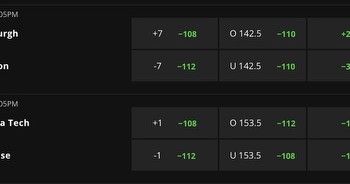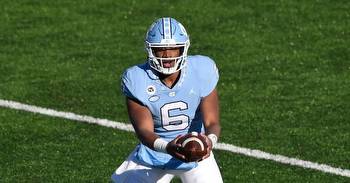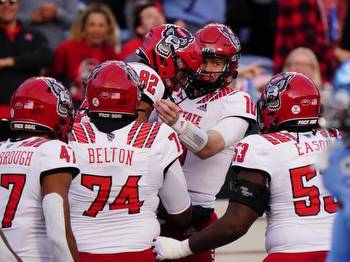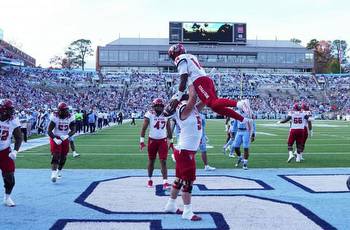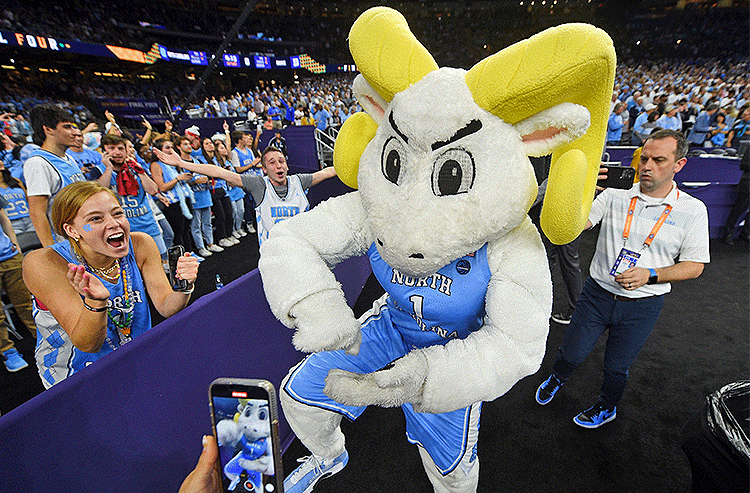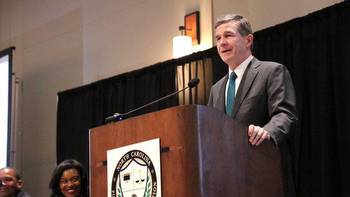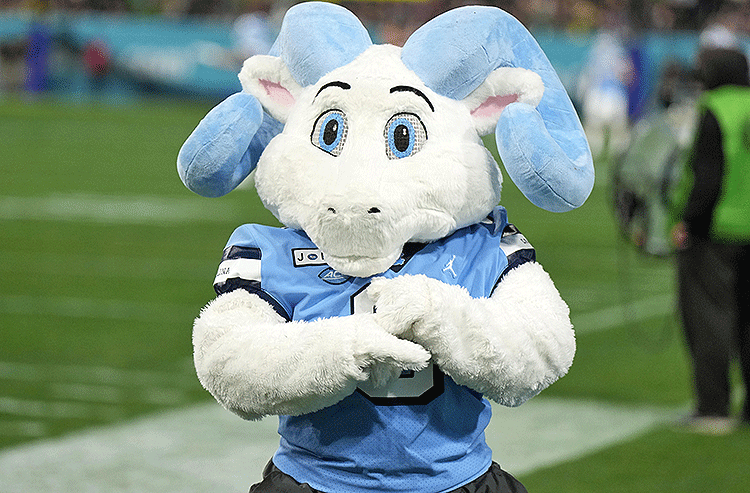North Carolina Regulator Wants Online Sports Betting ‘Conducted as Responsibly as Possible’
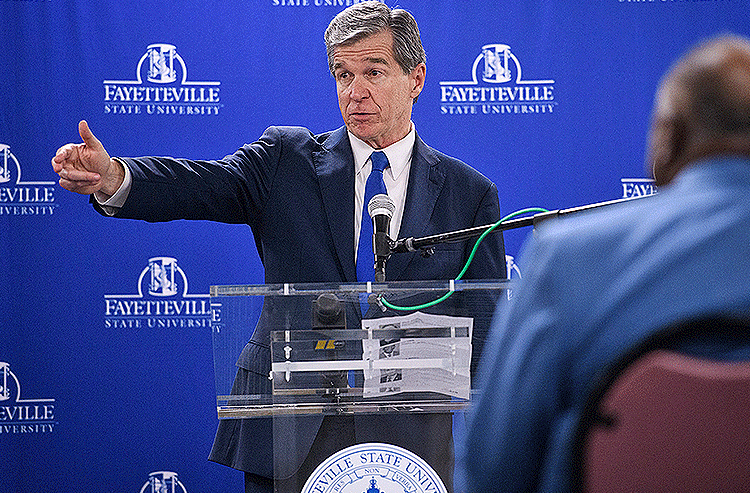
It will be up to the state lottery commission to decide when online sportsbooks can launch, but that date will most likely be by next June at the latest.
The future regulator of legal sports betting in the Tar Heel State is waiting for North Carolina Gov. Roy Cooper to officially fire the starting pistol so it can get to work.
House Bill 347 was officially presented to Cooper on Friday, according to the state legislature’s website.
The legislation, when it is officially law, lays down the groundwork to authorize, regulate, and tax online sports betting sites in the state. After some tweaking in the Senate, the bill will also permit pari-mutuel wagering on horse racing.
While no mobile wagering can start until January 8, 2024, at the earliest, North Carolina sports betting is still set to expand from the three tribal casinos where it is currently offered to new retail locations and digital sites. Residents must be 21 or older to wager, but they'll do so via the internet and at brick-and-mortar sportsbooks at or near professional sports venues.
The clock is not yet ticking
It will be up to regulators to decide when online sportsbooks can launch, although that date will most likely be by next June at the latest. The North Carolina State Lottery Commission will oversee the state’s new sportsbooks and can issue up to 12 licenses for mobile operators.
“The law gives the commission up to a year to get the rules and regulations in place so 12 sports wagering operators as well as all their providers and suppliers can get licensed,” a spokesperson for the commission told Covers via email on Tuesday. “Once the legislation becomes law, the commission will start work to meet those responsibilities so that sports betting can begin and so that it will be conducted as responsibly as possible.”
Among other things, H.B. 347 requires mobile sports betting operators to verify the identity and age of bettors and to inform customers about problem-gambling resources. Bookmakers would also pay a $1-million application fee for a five-year license and an 18% tax on their gross revenue, with $2 million in annual proceeds earmarked for gambling addiction education and treatment.
Signs of demand
An analysis done by the state legislature's Fiscal Research Division projected sports betting-related tax and fee revenue of $74.9 million for the first fiscal year, which is also forecast to rise to $100.6 million by the 2027-2028 fiscal year. The revenue projections were based on total wagering of around $3.9 billion in the first full year of online sports betting in North Carolina, which it again predicted would rise to $6.6 billion by the third year.
That assumes a fairly strong demand for online sports betting in the state, and there is evidence to support this could be the case.
GeoComply Solutions Inc., a technology company that helps online sportsbooks determine the location of customers, said its data shows there were more than 1.5 million attempts from within North Carolina to access legal betting apps in other states since the start of the year. Nearly 155,000 unique sportsbook accounts were responsible for those efforts.
“While our technology did not permit these individuals to bet, the interest is undeniable,” John Pappas, senior vice president of government and public affairs at GeoComply, said in a statement. “It is also undisputed that regulation will give adult bettors in North Carolina safe and accountable options to wager and the state an important new revenue stream.”








